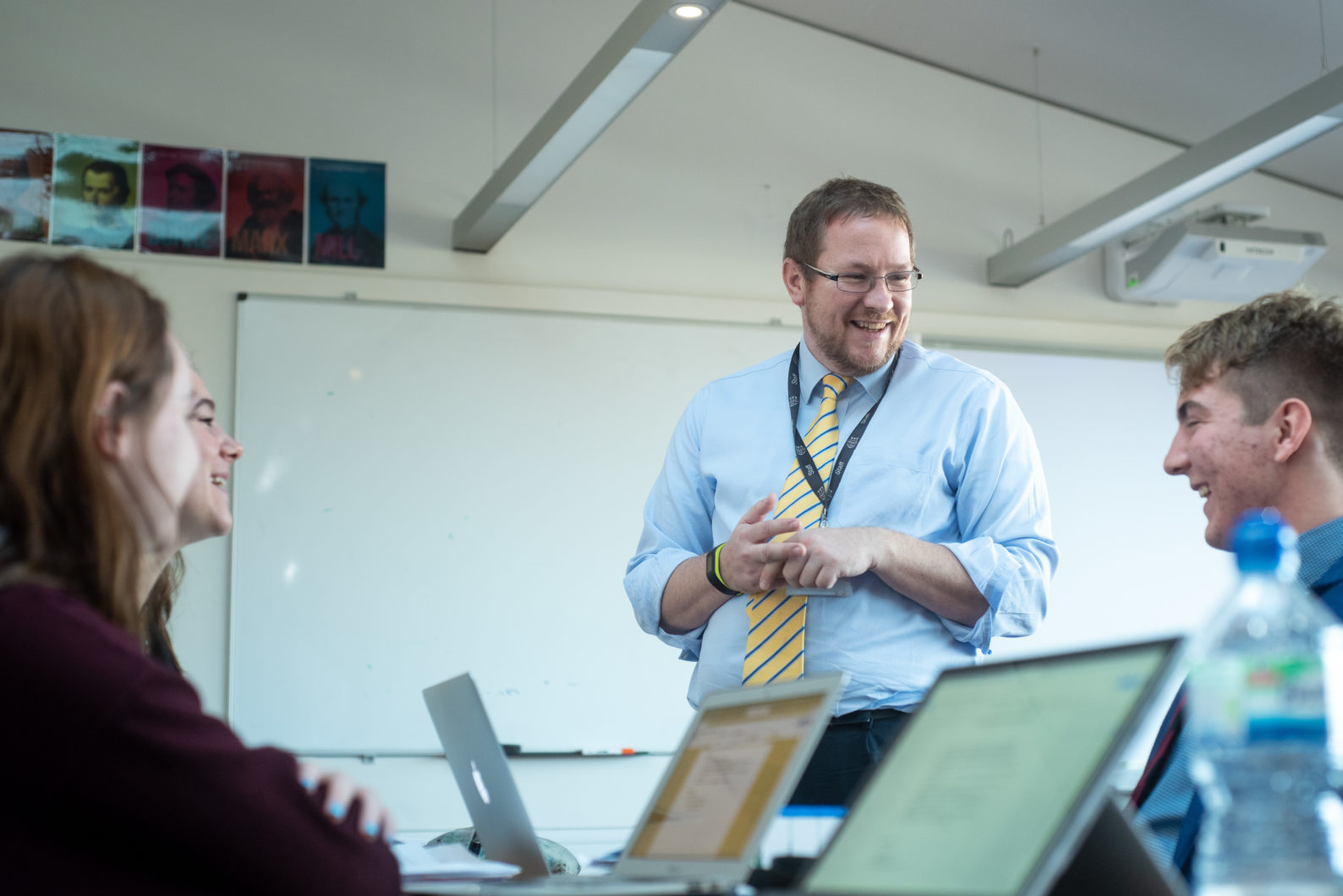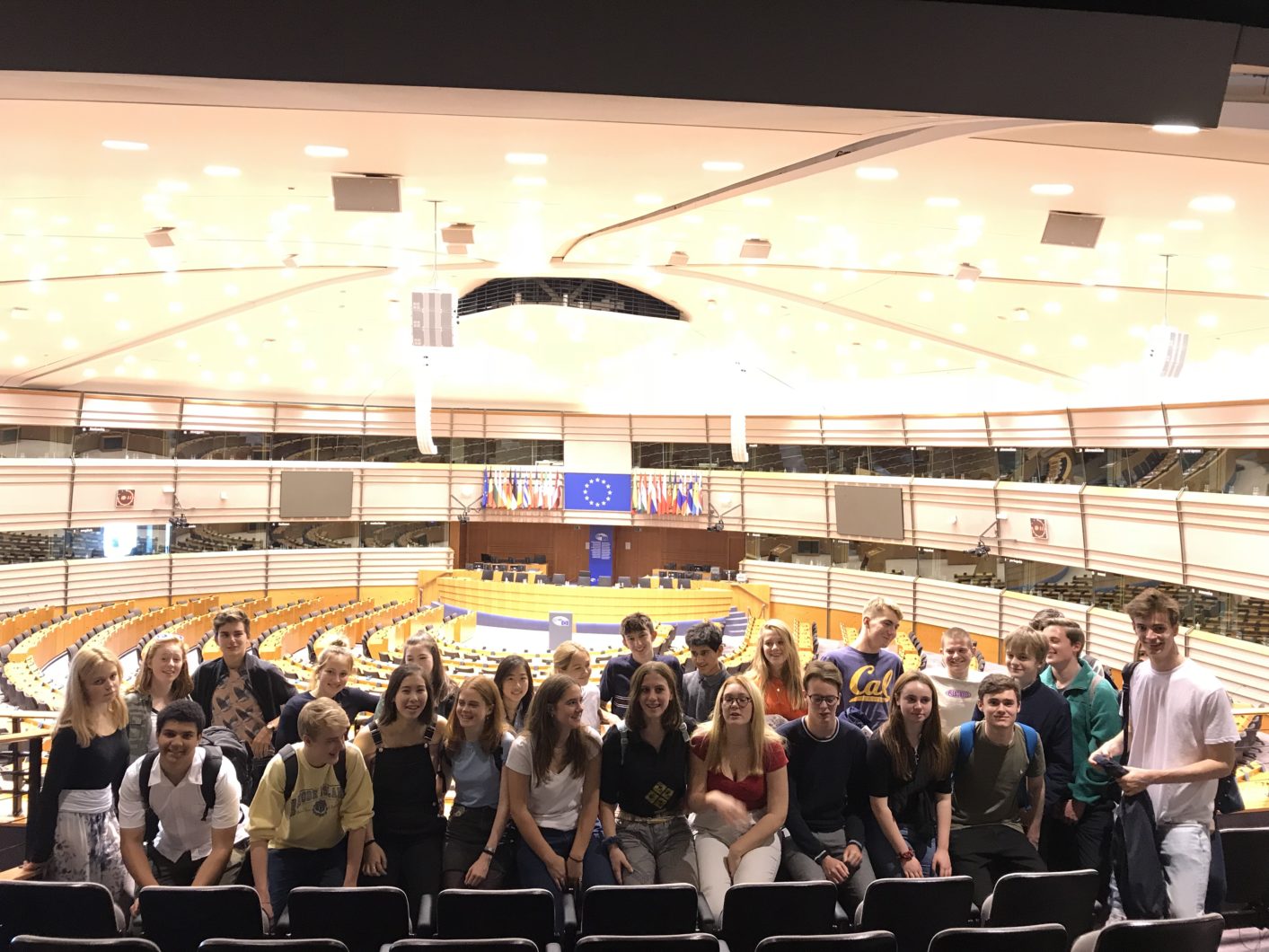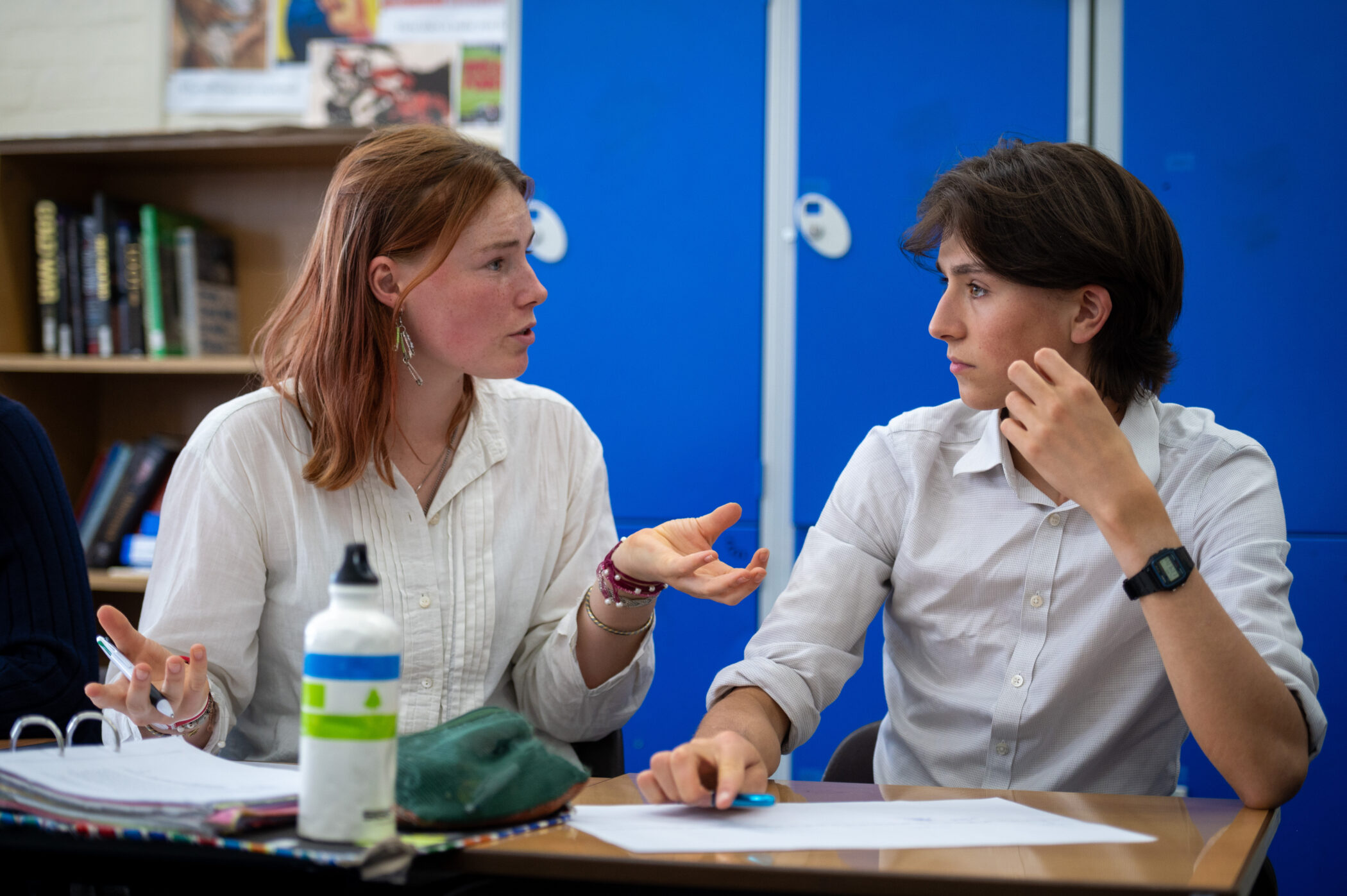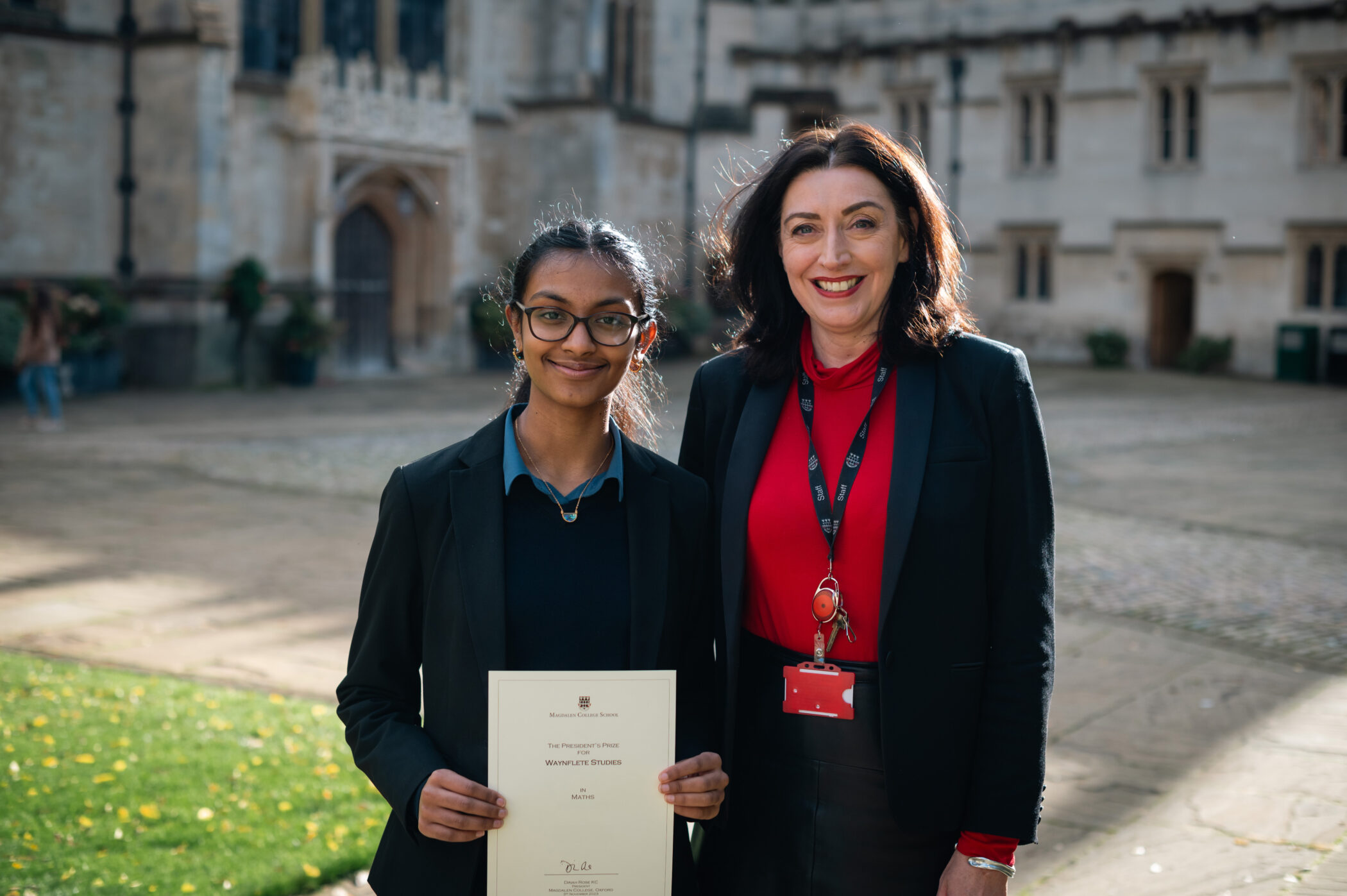Economics
Economics studies how scarce resources are allocated in our ever-changing world. The subject looks at how economic agents – such as consumers, firms and the government – make decisions. It is an academically rigorous subject that prepares pupils for life beyond the classroom. Pupils learn how to assimilate information, put their thoughts on paper and structure an argument as well as other essential academic skills. Pupils are encouraged to think outside the box and consider arguments from both sides. An awareness of current affairs is essential and nurtured within the Economics classroom.
The course is split into Microeconomics and Macroeconomics. Microeconomics considers the behaviour of consumers and firms, whereas Macroeconomics looks at the behaviour of governments and economies as a whole. We study the Edexcel course and pupils have one teacher for Microeconomics and another for Macroeconomics.
At MCS, Economics is taught in the Sixth Form only. Younger pupils interested in the subject are invited to join the Middle School Economics Society.
You are highly likely to be employed within the first six months of leaving university with an Economics degree. The top ten universities for Economics all enjoy a graduate employability score of nearly 90% or more.

The curriculum
The A-level course considers a wide range of questions and topics, ranging from behavioural economics to the impact of regulation of monopolies in Microeconomics and from causes of absolute poverty to policies used in response to the 2008 recession in Macroeconomics. Economics clinics run every week for those that feel they would benefit from extra teaching and revision time. These begin in Hilary term and run until after exams for both Lower Sixth and Upper Sixth.
Pupils benefit from small class sizes with a discursive nature. They are encouraged to think on their feet and vocalise their points of view. Most pupils subscribe to The Economist, through the school, and we look to integrate relevant and up to date articles into our teaching.
A large number of pupils go on to study Economics and Economics joint honours programmes at university, applying to the top universities in both the UK and the US.
Please refer to the Sixth Form Curriculum guide below for a more detailed breakdown of the A-level Economics programme.
Further inspiration
If you are thinking about studying Economics in the Sixth Form at MCS, you might want to start reading around the subject before you join. Our Study Preparation guides are a useful tool, detailing further reading around key topics.
ECONOMICS Study Preparation Guide
“The master-economist must possess a rare combination of gifts. He must reach a high standard in several different directions and must combine talents not often found together. He must be mathematician, historian, statesman, philosopher - in some degree... He must study the present in the light of the past for the purposes of the future.”
John Maynard Keynes
Extra-curricular
- At the heart of our commitment to deepening our pupils’ understanding of economics beyond the curriculum lies a range of extra-curricular activities. These are designed to provide pupils with a richer understanding of economic thought and its multifaceted applications.
- The Great Books course – This immersive course delves into the canonical Economics texts. To augment our readings, we have the privilege of lectures from esteemed economic thinkers such as Roger Blackhouse.
- Economics Society – A testament to our strong ties with the University of Oxford, the society hosts MCS pupils alongside postgraduate students from the university. These guest students share insights, talks and presentations based on their current research interests.
- Extension Programme – Going beyond the confines of the A-level course, this programme offers a deep dive into mathematical applications in economics as well as addressing PPE (Philosophy, Politics and Economics) related issues.
Trips
We believe in complementing theoretical learning with real-world insights. Our extra-curricular trips are curated to offer pupils a first-hand experience of economic principles in action.
- Mini Factory visit – Taking placing in the Hilary term, this excursion supports our U6 microeconomics course. It provides pupils with an in-depth look into the manufacturing sector, bringing to life the concepts discussed in the classroom.
- Bank of England and City of London – A Trinity term highlight, this trip offers an unparalleled insight into the world of finance, monetary policy and the intricate workings of the country’s financial hub.
- Residential trip – We’re excited to announce that the department is in the process of planning a residential trip for October half-term in 2024. More information will be shared as soon as it’s available.

 MCS ranks among the top independent secondary schools, and in 2024 was awarded Independent School of the Year for our contribution to social mobility.
MCS ranks among the top independent secondary schools, and in 2024 was awarded Independent School of the Year for our contribution to social mobility.

 28 of our pupils achieved 10 or more 8 or 9 grades in 2024.
28 of our pupils achieved 10 or more 8 or 9 grades in 2024.
 In 2023-24, MCS received over £448,000 in donated funds.
In 2023-24, MCS received over £448,000 in donated funds.

